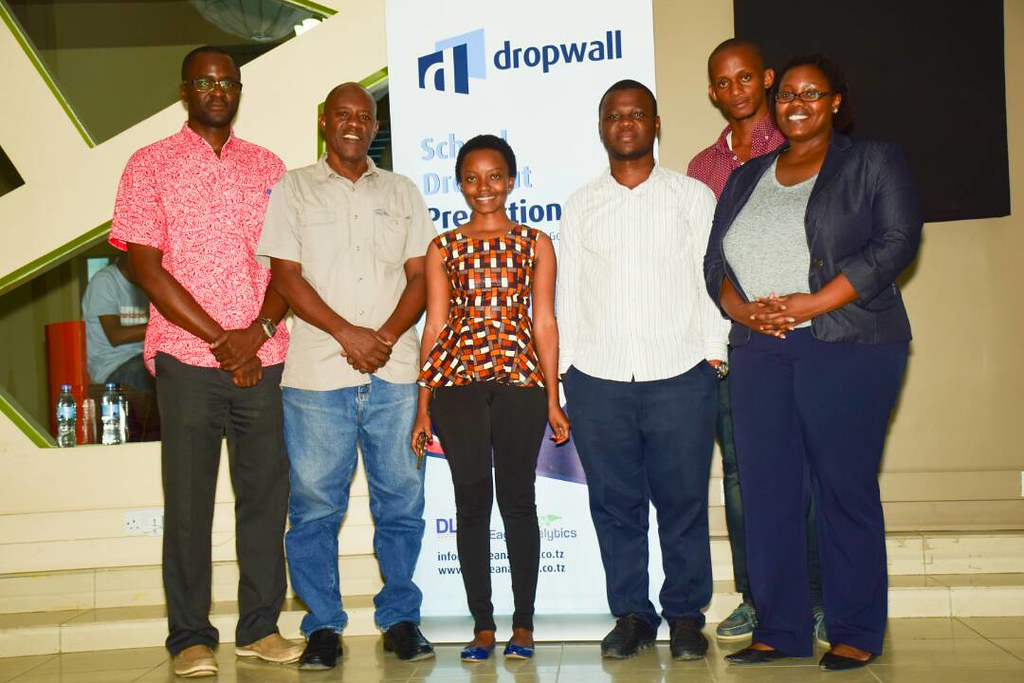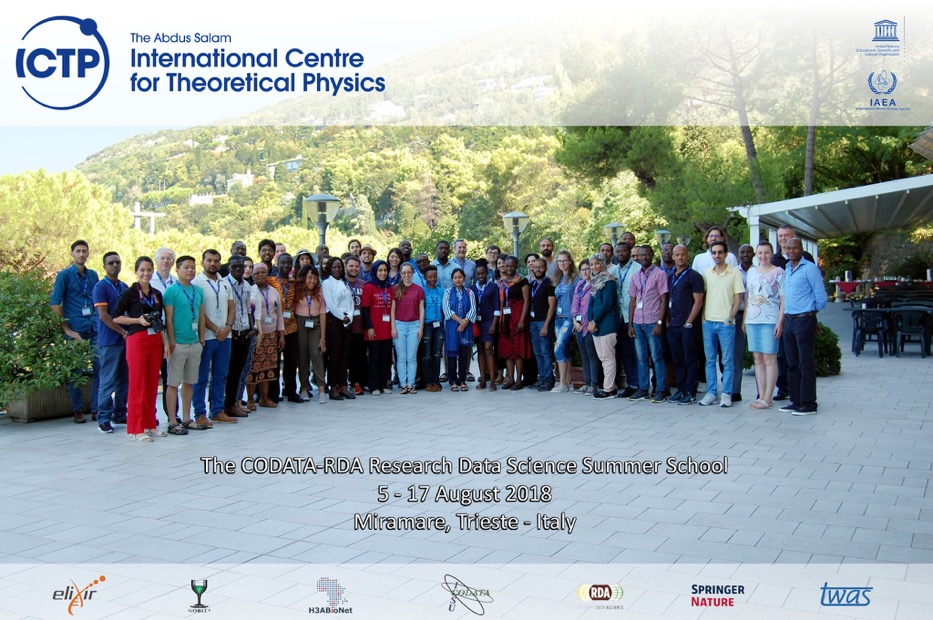 This post is a syndicated copy of the one at http://eurodoc.net/news/2019/eurodoc-participated-in-the-1st-data-steward-school
This post is a syndicated copy of the one at http://eurodoc.net/news/2019/eurodoc-participated-in-the-1st-data-steward-school
Eurodoc Open Science ambassadors for France, Sothearath Seang (Policy Officer and Treasurer of Eurodoc) and Slovenia, Ana Slavec (Open Science Work Group Coordinator of Eurodoc) attended the Data Steward School that was held during the 4th edition of the CODATA-RDA Summer School for Research Data Science in Trieste, Italy on 5-16 August. The school is part of the FAIRsFAIR Initiative but unlike the previous editions of the summer school, this year’s edition included a pilot programme solely dedicated to data stewardship. Only five participants were selected to attend the program.
Data Stewards play an essential role in helping and accompanying researchers throughout the research process. They do so by providing information and guidelines about policy requirements, helping to implement the FAIR Data Principles and co-constructing a Data Management Plan (DMP). Data Stewards interact with many stakeholders including policy makers, researchers, data scientists, IT personnel and technicians. The FAIR data principles are a set of guidelines that aim to improve the findability, accessibility, interoperability and reusability of digital assets. A DMP is a document that provides information on how the data will be generated, its nature, how it will be stored and shared and the restrictions that are applied to it. There are online tools that help you assess the FAIRness of your data and create a DMP like for example the ARDC self-assessment tool and DMP Online.
During the first week of the programme, all participants followed a common learning curriculum. For the second week, data stewards had a different programme that covered topics such as Metadata, Persistent Identifiers, Data Discovery, DMPs, Repositories, Ontologies and Linked Data. As part of the programme, data stewards had to prepare a data stewardship action plan to implement in the next six months. For Sothearath and Ana, that will include sharing the experience with members of the Eurodoc Working Group on Open Science and Eurodoc Open Science ambassadors to motivate them to learn more about data stewardship. We highly recommend this programme to every data scientist, data steward and early-career researcher because it provides substantial knowledge and training in the foundational skills of Research Data Science, essential for conducting good research.
Sothearath Seang, Treasurer of Eurodoc

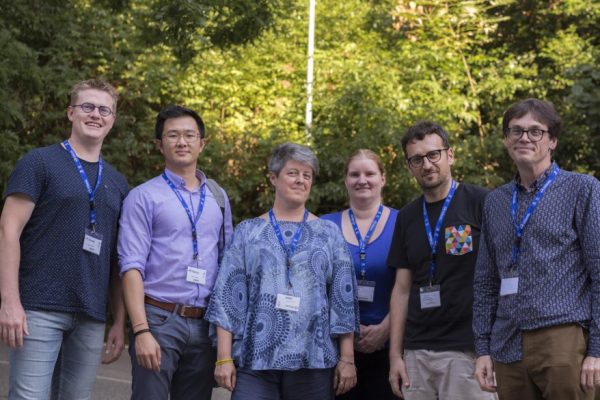











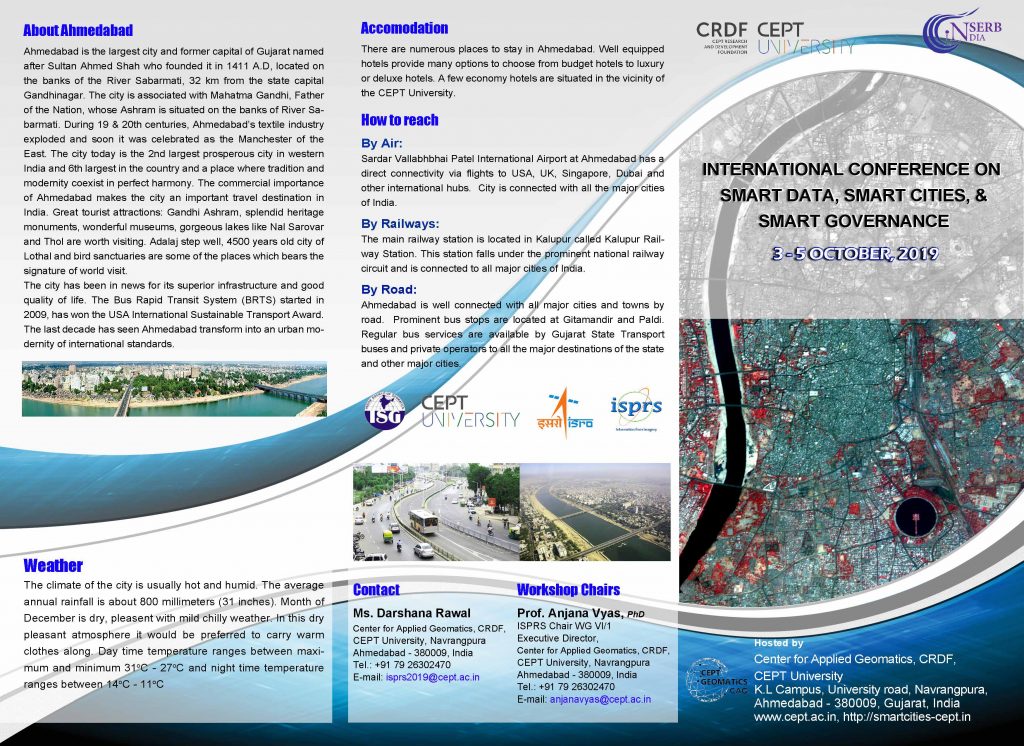
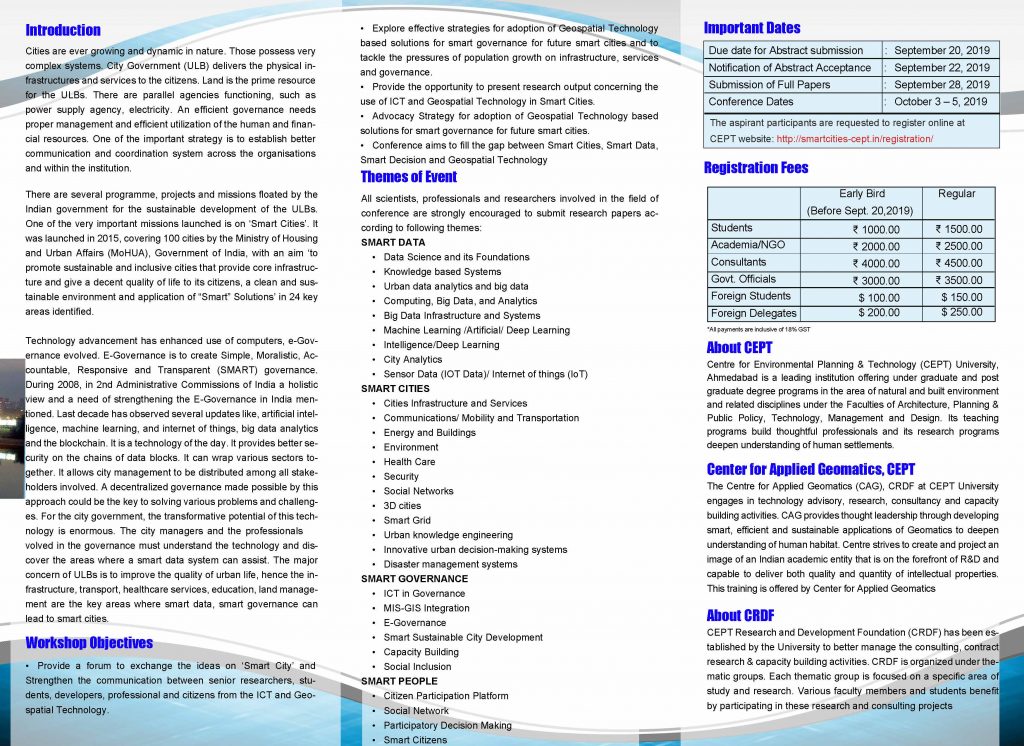








 Are you interested in the Research Infrastructures environment? Looking to enhance your knowledge and fine-tune your management skills? Apply now for an Executive MBA in Management of Research Infrastructures (30/9 deadline).
Are you interested in the Research Infrastructures environment? Looking to enhance your knowledge and fine-tune your management skills? Apply now for an Executive MBA in Management of Research Infrastructures (30/9 deadline).













